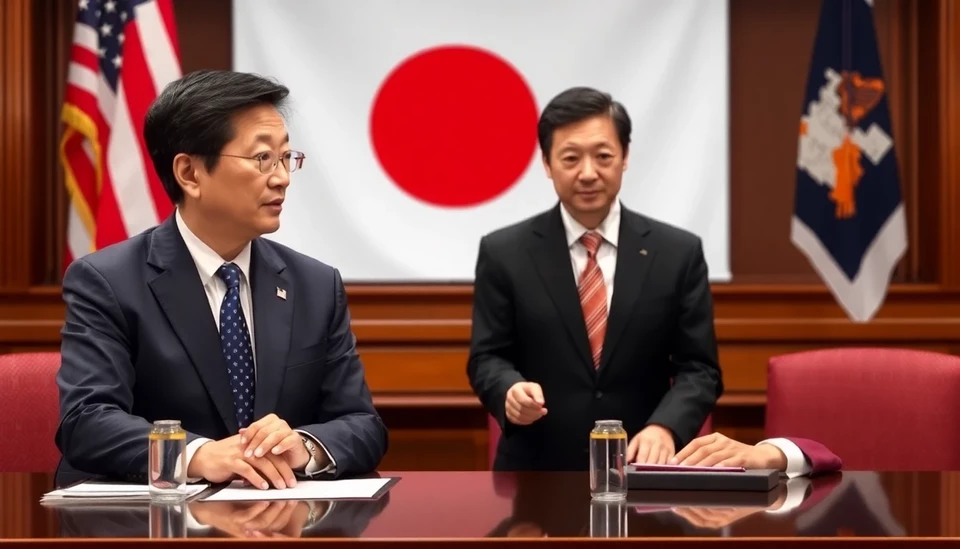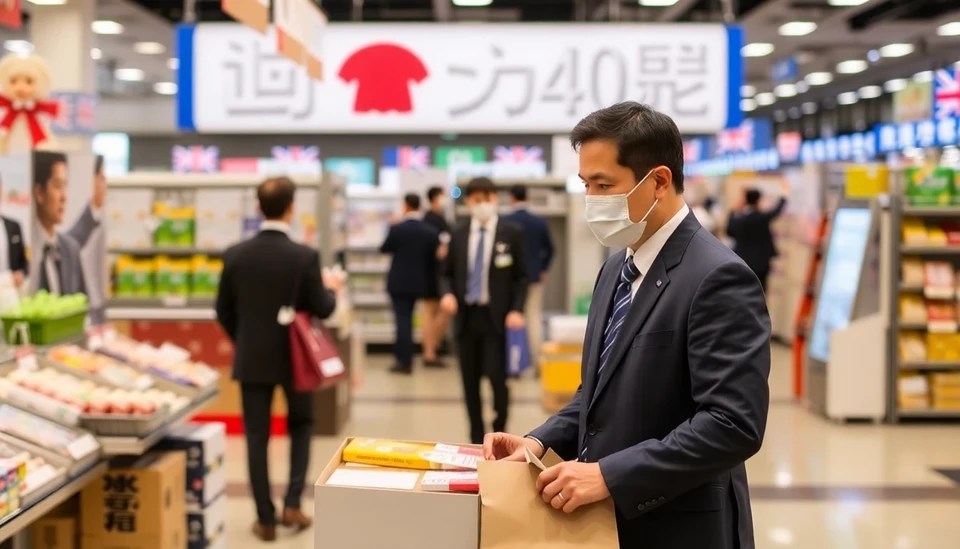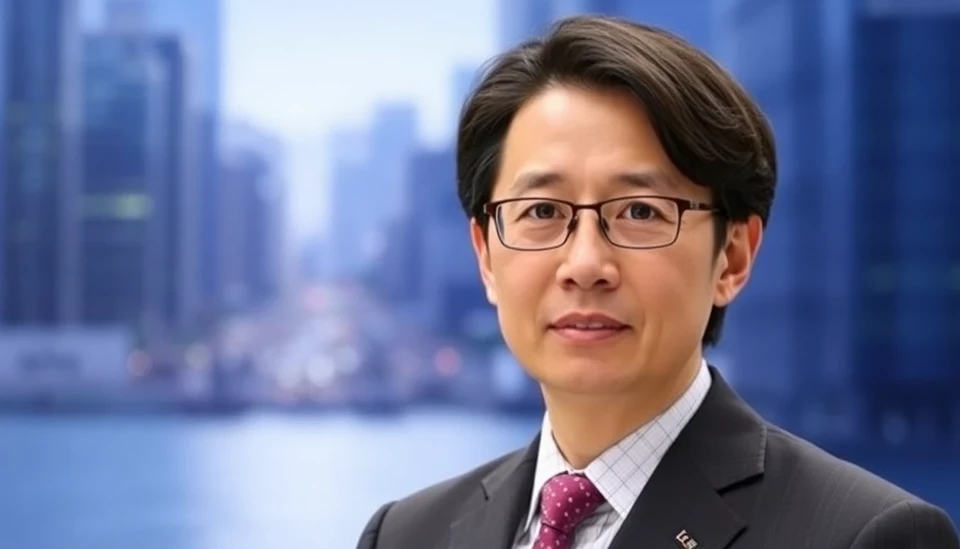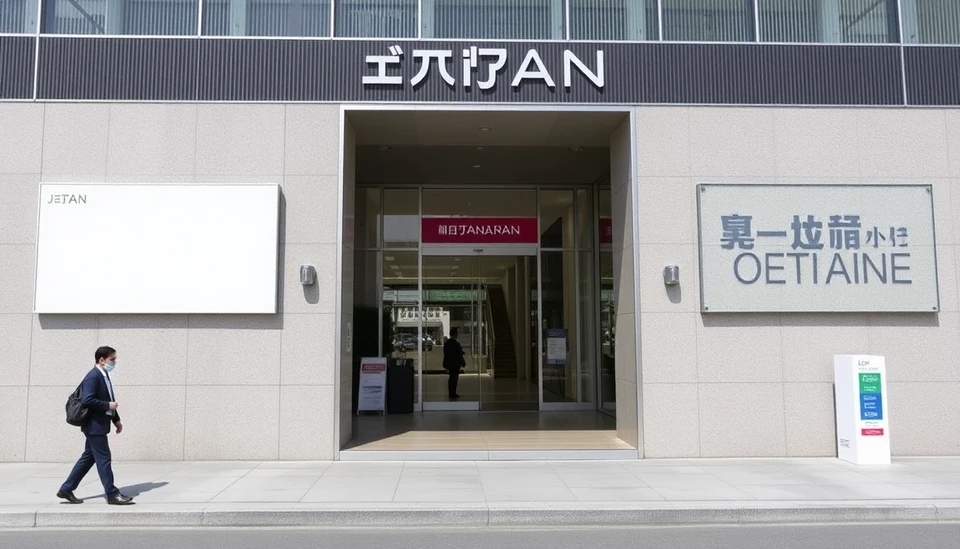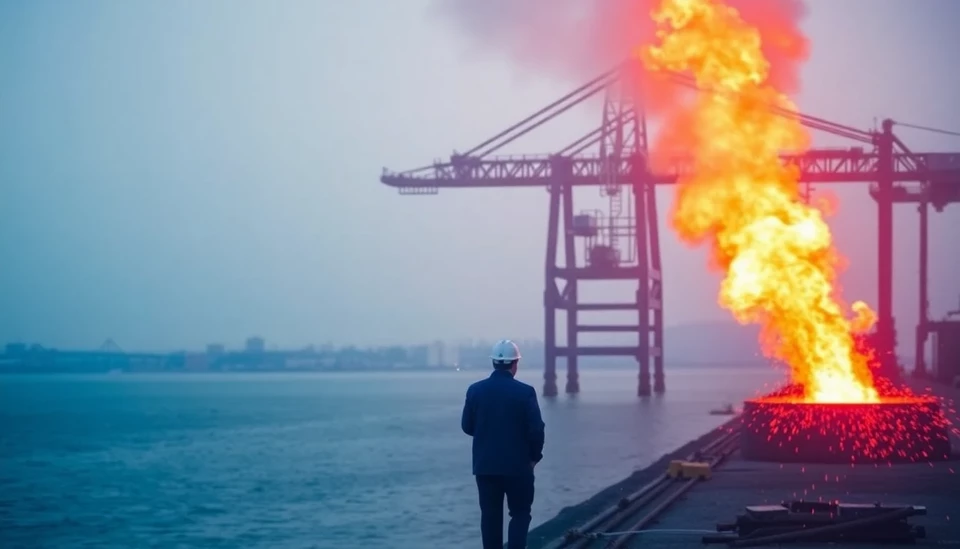
Japan's trade agency is proposing strict anti-dumping measures against imports of Chinese steel in a major move to shield its domestic steel industry. This comes amid growing concern over the surge in low-priced Chinese steel products that have flooded the Japanese market and started hurting local manufacturers.
The Ministry of Economy, Trade and Industry has pointed out that steel made in China is being sold in Japan at unjustly low prices, which under international trade law defines as dumping. The proposed measure would impose higher tariffs on Chinese steel, aiming to level the playing field for Japanese producers.
METI officials claimed that Chinese steel dumping has been a huge financial burden for domestic companies, which had to lay off employees and shut down their factories. This latest proposal from METI is furnished with solid data and analyses on how Chinese steel has been hurting the Japanese industry.
Although it is unique, the proposal is not unparalleled since Japan has carried out anti-dumping measures to save its industries in the past. According to insiders, however, this situation is the most severe ever experienced. This pressure has compelled the price of other Japanese firms to fall down to a level which could be unsustainable for any firm to maintain financial stability.
Industry reaction to the proposal has been mixed: many Japanese steel producers support the move, arguing that it is the only way for them to survive, while some critics worry the move might further provoke retaliation from China, leading to a trade war. The proposal now enters the period of public consultation and review before the final decision is made.
Several Japanese steel companies have already expressed support for the proposed anti-dumping measures. Without such protection, they say, the long-term viability of the Japanese steel industry would be in jeopardy. They contend that one cannot have fair competition with artificially low prices from Chinese steel, allegedly subsidized by the Chinese government.
Other economists, however, would argue that protectionist policies like these could raise prices for consumers and inefficiencies within the protected industries. Instead, what Japan needs, they said, is the promotion of innovation and productivity enhancement if it wants to compete on the global platform.
The next step by Japan is in the close eye of the international community because any strong trade action from them would result in a considerable consequence for the global steel market. This result might also set a precedent for other countries currently dealing with similar issues with Chinese steel imports.
Japanese trade officials are still soliciting comments and conducting further investigations to ensure that any action taken is fully justified and within the rules of the World Trade Organization. A final decision to be reached within the next few months will be crucial to determining the future landscape in the Japanese steel industry.
Recommendation: The stakeholders in the steel industry, experts on international trade law, and policy makers ought to keep their eyes on this situation. These measures may not affect Japan alone but forge a future for international trade.
Further developments are expected; the METI has promised transparency and thoroughness for their process. Watch further for more news regarding this unfolding story.
#Japan #Trade #SteelIndustry #ChineseSteel #AntiDumping #Tariffs #METI #GlobalTrade #Economy #JapanBusiness #TradeMeasures
Author: John Harris
